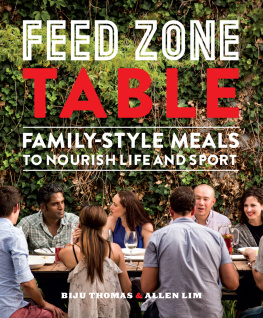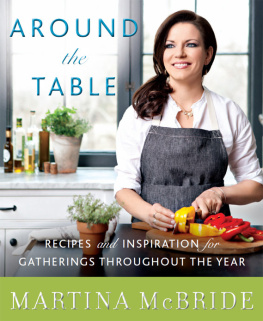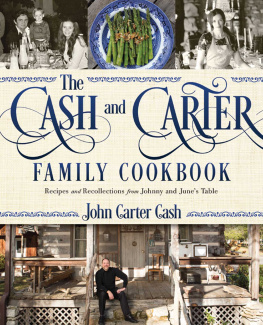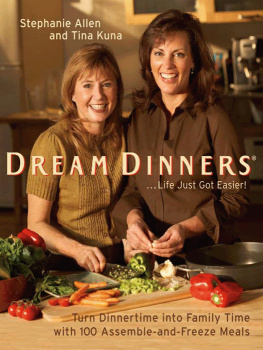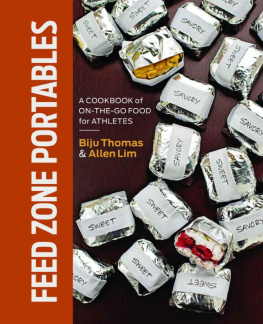


Copyright 2016 by Biju Thomas and Allen Lim
All rights reserved. Published in the United States of America by VeloPress, a division of Competitor Group, Inc.
Feed Zone is a registered trademark of Competitor Group, Inc.

3002 Sterling Circle, Suite 100
Boulder, Colorado 80301-2338 USA
(303) 440-0601 
 Fax (303) 444-6788
Fax (303) 444-6788
Distributed in the United States and Canada by Ingram Publisher Services
Library of Congress Cataloging-in-Publication Data
Thomas, Biju, author. / Lim, Allen, author.
Feed zone table: family-style meals to nourish life and sport / Biju Thomas and Allen Lim.
p. cm.
Includes bibliographical references and index.
ISBN 978-1-937715-40-3 (hardcover: alk. paper)
eISBN 978-1-937716-70-7
1. AthletesNutrition. 2. Cookbooks.
TX361.A8T564 2016
613.7/11dc23
2015048924
For information on purchasing VeloPress books, please call (800) 811-4210 ext. 2138 or visit www.velopress.com.
v. 3.1
CONTENTS

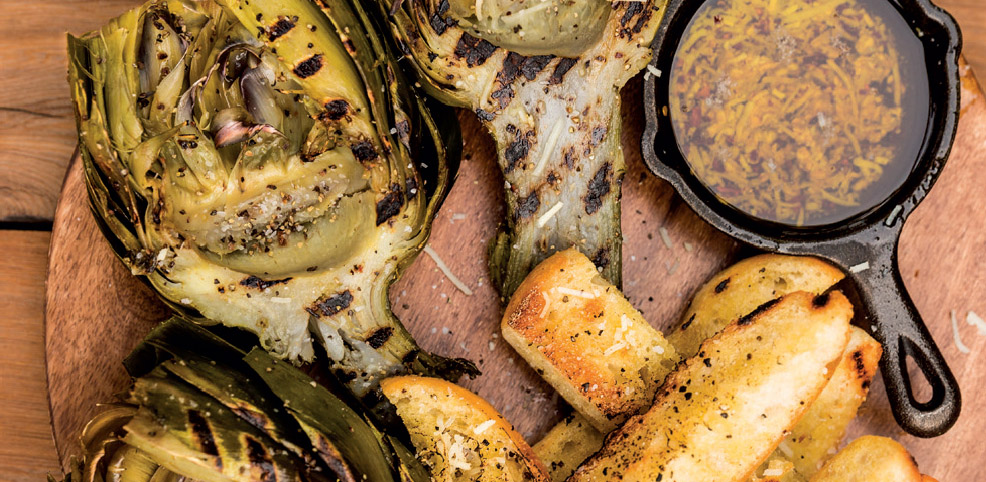
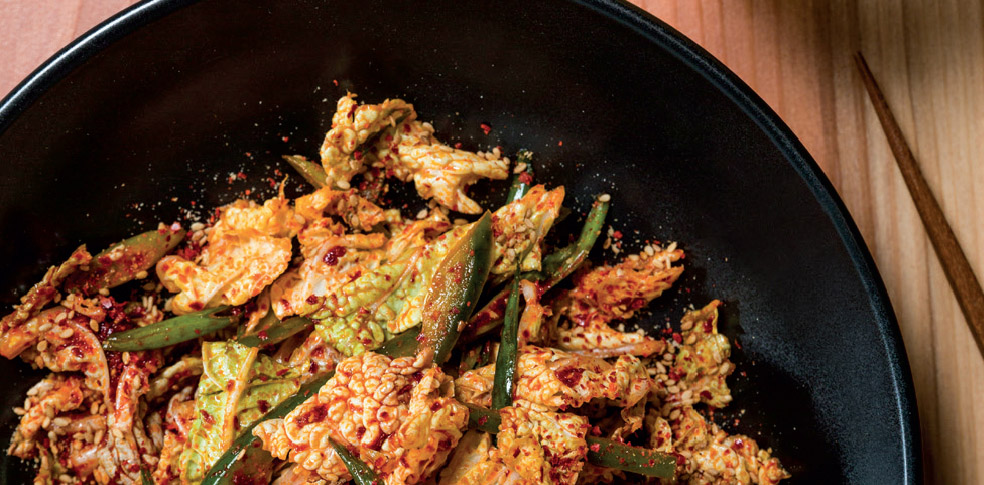
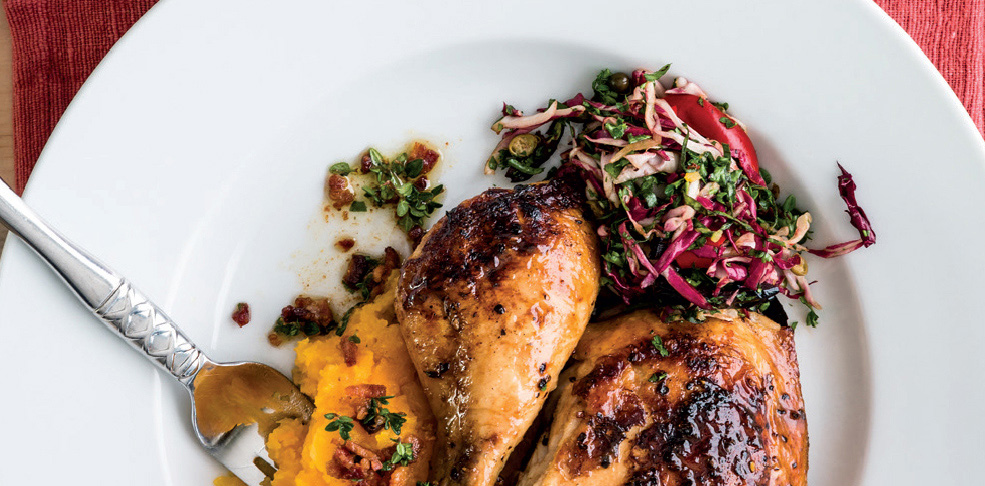
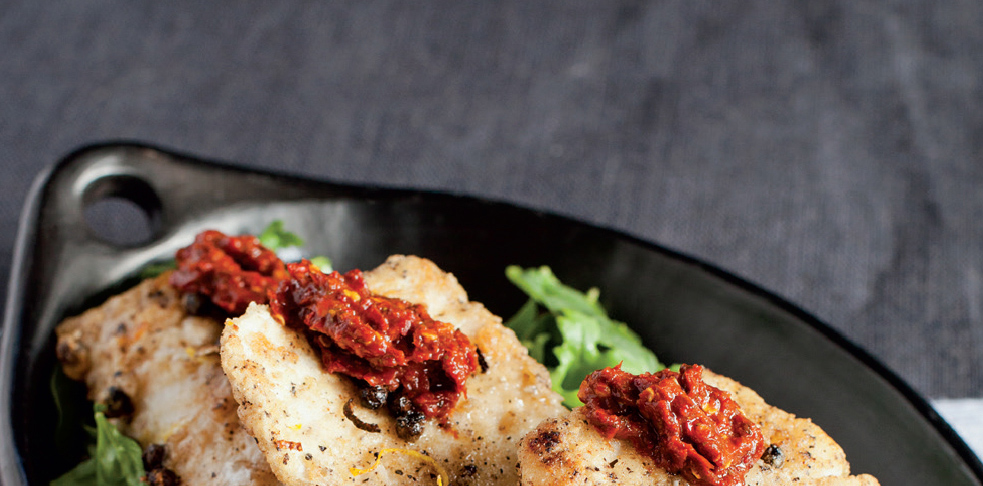
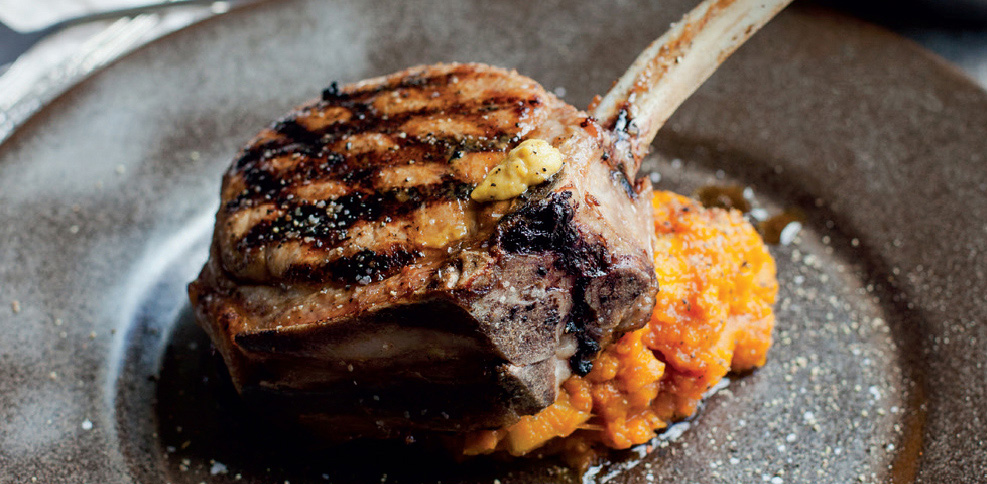
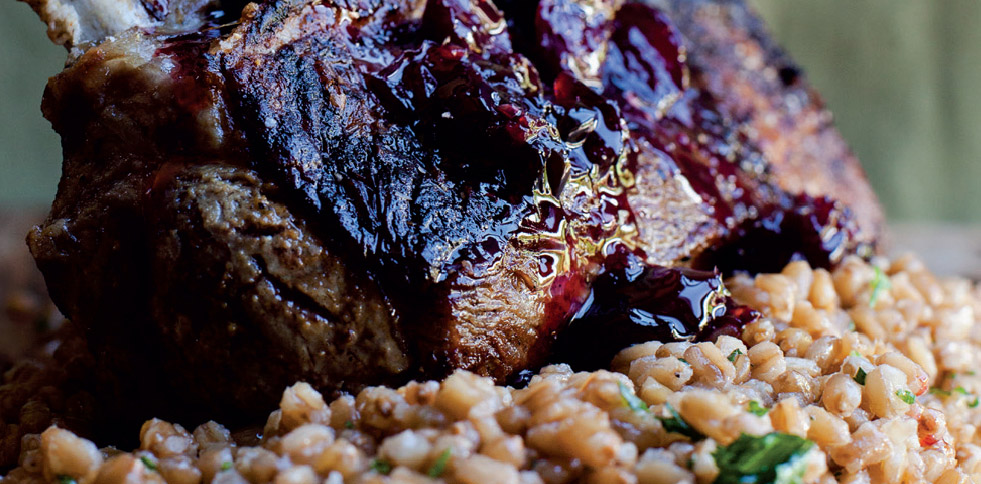
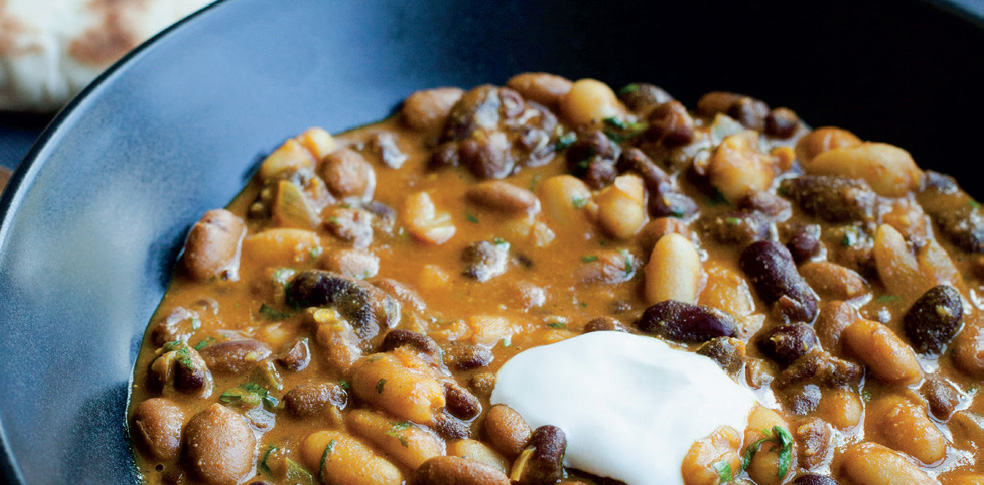
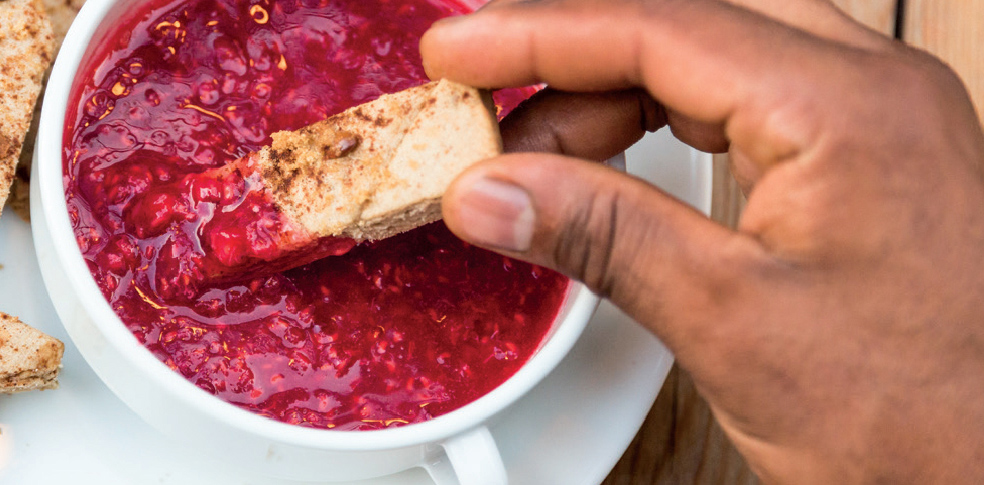
Oils & Dressings
Sauces & Spices

In another life, I raced bikes for a living. As with any professional sport, many people go to great lengths to make the dream a reality. They push in all their chips for that jackpot. For me, becoming a pro cyclist was more of a happy accident. I was a distance runner and an All-American in the indoor mile, and a three-time All-American in the 3000-meter steeplechase during college. I was injured near the end of my career, and with my enthusiasm match spent, I became a garbage man. And I rode my bike... a lot. I joined a local Colorado team, did a few big races, and even won a big one down in New Mexico. I realized that I had a chance to do something special in cycling. Because I didnt have anything to lose and it sounded fun, when I got the call from a pro cycling team, I took that chance. I signed for Garmin-Slipstream in 2007 and hopped on a plane to Europe.
I showed up at my first training camp and looked around at my new teammates. We all shared a simple goalto ride our bikes faster, especially when it countsin a race. For the team or any one individual to succeed, we all needed to ride hard and race harder.
Even though our team dinners were a place where most riders gathered to eat and unwind from a hard day of training or racing, for me they led to a dysfunctional relationship with food. I couldnt stop comparing what was on my plate to what my teammates were eating. I figured they had more experience with racing and fueling, so I should probably eat like they did. Humans are social creatures who like to be accepted by their tribe, and this can lead to a real conundrum for someone who is trying to prove himself on a world stage.
Being a pro comes with benefits, the kind we all talk about, but the sheer force of that drive to be faster can be isolating. Most of the time its just you and that guy next to you, riding in the gutter, teeth clenched, dirty, hurting, tired, scared, and hungry. Even though I was surrounded by a bunch of guys with the same goals as me, I was really eating alone at our team meals. The questions weighed heavily on my mind. It really didnt matter how healthy the food was that I chose to eat, it wasnt doing much for me, or my performance. Over time I came to the realization that those questions about fueling were influencing my training decisions negatively, and I eventually lost my place on the team.
While my pro cycling career was short-lived, I did make a few solid impressions. I made my debut as a pro at the 2007 Tour of California and finished second to Levi Leipheimer in the first stage, much to everyones shock. I also won a stage at the Tour of Utah in 2008. Most of the time, I rode in support of our team leaders, controlling the pace at the front of the pack so a teammate could ride for the win. That first big day in 2007 defined my careerI was the inexperienced guy with a big engine. Ultimately, I lacked confidence in my abilities as an athlete and in my preparation.
While I was racing on the pro circuit, I did learn a lot about food and my relationship with it. Europeans love their food and the traditions that surround it. I grew to love my food too, but it took a while. When I retired from cycling, I started cooking for real. It was a task I took on somewhat begrudgingly, but I decided that if this was something that I had to do every day, I was going to do it right. Somewhere along the way I learned to love cooking. I began inviting friends over for dinner. I wasnt making anything fancyI was just turning simple, fresh, familiar foods into a home-cooked meal. The warm conversation and laughter of my friends and family gathered in anticipation of a meal has given me one of the most satisfying feelings I know.
These days my family is my first priority. Both my wife and I work full time, and we have two young kids to raise. Most days I walk in the door after a day at the office and head straight into the kitchen to cook dinner. It gives me a great sense of purpose. I want my children to know the nourishing power of a home-cooked meal. When I eat a meal with people I love, the experience meets a deep-seated need that goes well beyond my bodys need for carbohydrates, protein, and fat.
I work with Allen at Skratch Labs, and every Wednesday morning promptly at 8 a.m. we sit down to a home-cooked breakfast with our team. Whether we are commiserating or celebrating, those breakfasts go down as some of the best-tasting, most nourishing meals I have eaten.
Its ironic that today, as I attempt to balance family, work, and sport, my athletic performance is as good as it has ever been. All of the metrics, including my age, are less favorable than they were when I was racing in Europe. But one thing is clearly differentI sit down to home-cooked meals on a regular basis now. I cook for my family and my friends at every opportunity. Skratch Labs is even supporting me as I begin training in a more focused way for cyclocross and trail running. For me, the adventure is far from over. Perhaps its only just begun.
Next page
